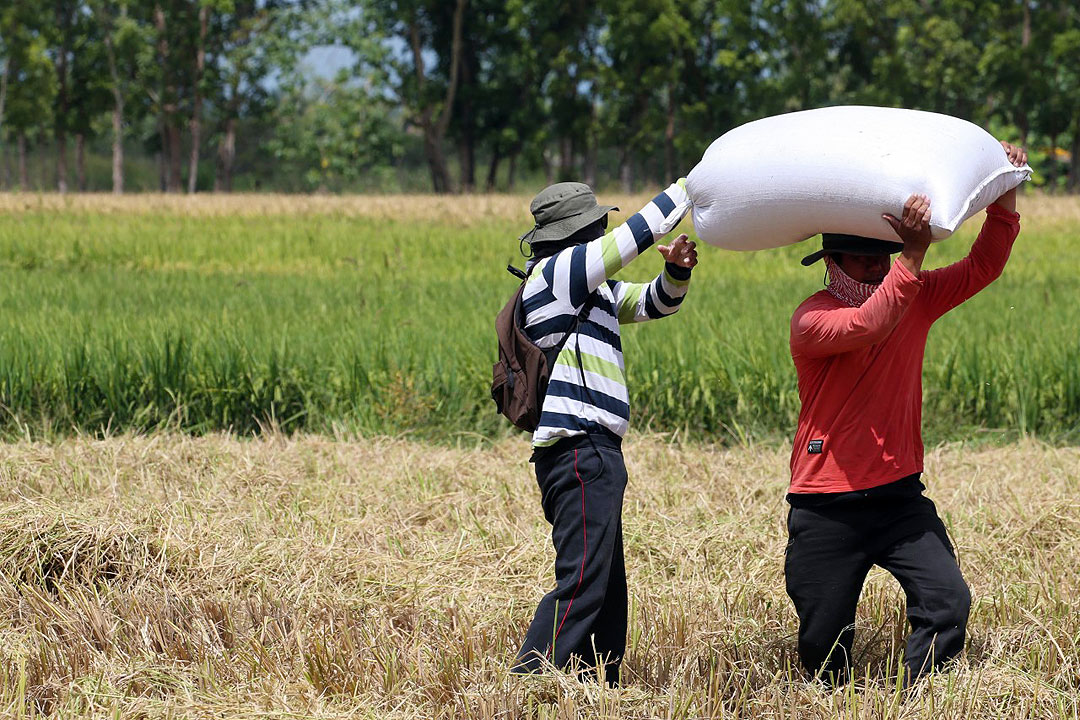
PHILIPPINE Chamber of Agriculture and Food, Inc. (PCAFI) President Danilo V. Fausto urged the government on Monday to prioritize support for rice farmers in Visayas and Mindanao and criticized increased rice importation and proposed tariff cuts.
Mr. Fausto pointed out that last year’s rice imports of 3.8 million metric tons far exceeded the actual rice shortage of 2.6 million metric tons in the Philippines. He expressed concerns that a similar scenario could unfold in 2023 with an estimated 3.5 million metric tons of rice imports, while the actual need is only 1.7 million metric tons.
He proposed redirecting government support towards farmers in Visayas and Mindanao (VisMin), regions with significant rice cultivation but lower yields compared to Luzon. He said the government must realize the importance of investing in post-harvest facilities, fertilizer subsidies, hybrid rice, and irrigation in these areas to improve rice production in these areas.
PSA data showed that Western Visayas had more areas of rice planted in the first quarter of the year with 202,000 hectares compared to Central Luzon’s 170,000 hectares; but Western Visayas only yielded 65 cavans per hectare, while Central Luzon yielded 120 to 150 cavans.
“If we will have Western Visayas, we will have SOCCSKSARGEN (South Cotabato, Cotabato, Sultan Kudarat, Sarangani and General Santos City) which also has a large area of palay, and the Bangsamoro… if we will just match the yield of Luzon, of Central Luzon and Isabela, we won’t have a problem in sufficiency,” said Mr. Fausto.
He also condemned the proposed tariff cuts by President Ferdinand R. Marcos, Jr.’s economic team, suggesting that such measures could lead to increased rice imports and harm local farmers. He argued that these actions would negatively impact the livelihoods of rice growers and ultimately harm consumers rather than benefit them.
“They [economic managers] should be tried, charged with treason [because] what they’re thinking is slaughtering 76 million of our people. Because if you give incentives to importation… at the end of the day, you kill these people [farmers] because you remove their source of livelihood. These people are also consumers,” said Mr. Fausto.
Furthermore, he highlighted the vulnerability of the country’s economy to factors like climate change, geopolitical conflicts, and international market price fluctuations. He warned that tariff cuts could limit the government’s ability to provide aid related to these challenges, potentially forcing the government to take on debt. — Myara Janae B. Poliarco



